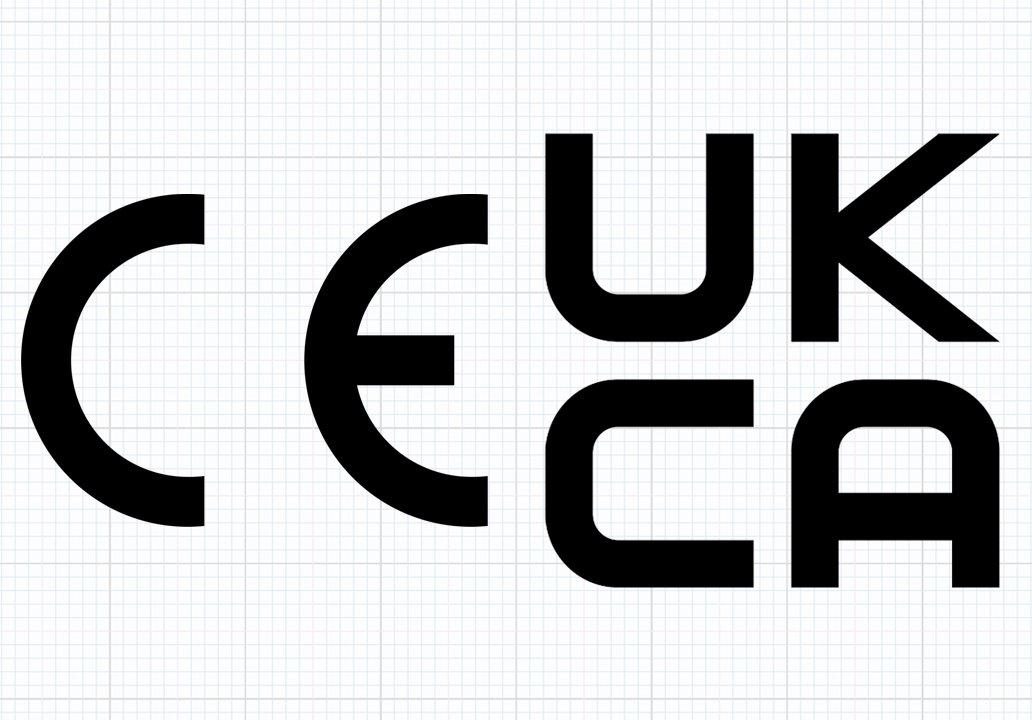Materials shortage: bumps in the road ahead

ECA’s Rob Driscoll explains why continued planning for restricted supplies and rising prices should be the new normal for contractors
The UK construction industry has faced a very challenging past two years but has proved itself to be highly resilient. However, we must prepare ourselves for even more bumps in the road. On the positive side - at least to some extent - we have some idea of what might lie ahead.
In 2020, Brexit caused supply delays for the UK, which were quickly compounded by the global pandemic that resulted in a virtual shut-down of the global logistics industry. More recently, as the world looked to regain a semblance of normality, freight was displaced and China’s industries changed gear, creating huge regional demand for raw materials that drew supplies away from other markets.
Although the issues we face in the 2020s are daunting, the overall picture is an industry that is better prepared for challenges than ever
Further delays in the Suez Canal and other ports compounded these problems and made it easy to see just how fragile the interconnections of our world can be – and how their interruption can leave us with shortages and rising materials prices.
Further economic shock came earlier this year when Russia invaded Ukraine. In these deeply troubling times, our thoughts are first and foremost with the Ukrainian people.
If we consider the further supply chain disruption caused by this sad turn of events, the economic landscape for construction contractors looks even tougher to navigate.
Surging demand
Against this backdrop, demand in the construction industry has, perhaps surprisingly, returned to above pre-pandemic levels and ECA Members are reporting healthy order books.
If UKCA marking rules proceed, then as 2023 approaches we can expect even more constrained product supplies and delays
But this rising activity level hides peril for anyone caught out by ongoing materials shortages and rising prices. It is vital that contractors who are quoting work now continue to account for anticipated price inflation for materials and labour over the next year at least.
Because although general inflation in the UK economy is around 5.5% (March 2022), that does not give a true reflection of what’s happening in our sector. A survey by the Electrical Distributor’s Association (EDA) at the end of 2021 showed that 80% of respondents saw inflation above 10% on materials. The other 20% mentioned material cost inflation of between 5% and 10%.
Don’t forget UKCA
Yet another factor to take into consideration is the introduction of the UK Conformity Assessment (UKCA) certification which will be required on electrical products from January 2023. Manufacturers have already noted that testing their products to comply with the new certification will take time. If UKCA marking rules proceed, then as 2023 approaches we can expect even more constrained product supplies and delays.
There are already mechanisms in most standard contracts linking materials to inflation
The industry has had extra time to prepare for the UKCA introduction, since it was delayed by government for a year. It seems unlikely that further delays will be offered though, so contractors must be prepared.
For any work that is due to start several months in the future and last for many months, basing a quote on today’s prices is almost certain to lead to squeezed profits, or even losses. This means planning ahead is crucial. The worst approach would be to win work now, only to find that you have bought problems for your business next year because your pricing was a year and half off-pace.
Communication is key
ECA works within the Construction Leadership Council (CLC) to raise awareness of these major issues. As a result of its joint work, the governments of Wales and Northern Ireland have already issued guidance advising public sector procurers to share the risk on delays and price volatility. We would certainly advise that if contractors are to survive, they take the same proactive approach with all their clients.
In principle, there are already mechanisms in most standard contracts linking materials to inflation. This means that, unlike trying to accommodate the contractual impact of Covid-19, the industry has some precedent (dating back to the 1970s/80s economic turbulence) for future price changes that could apply here.
The critical message is that good client communication is key, so talk to your clients about what’s coming and work together. Some clients are already working with contractors to identify materials at high risk of price rises and agreeing to pay the price at the date of procurement. Whatever the solution, make sure you are considering materials cost inflation in our sector, not just the general economy.
Although the issues we face in the 2020s are daunting, the overall picture is an industry that is better prepared for challenges than ever. Some of the major difficulties can anticipated, and their impacts are understood. Knowing the problems in advance and planning accordingly will reduce their impact on your business.
Are you up to date with ECAtoday?
ECAtoday is the official online magazine of ECA and reaches thousands of people within the electrotechnical and engineering services industry.




















